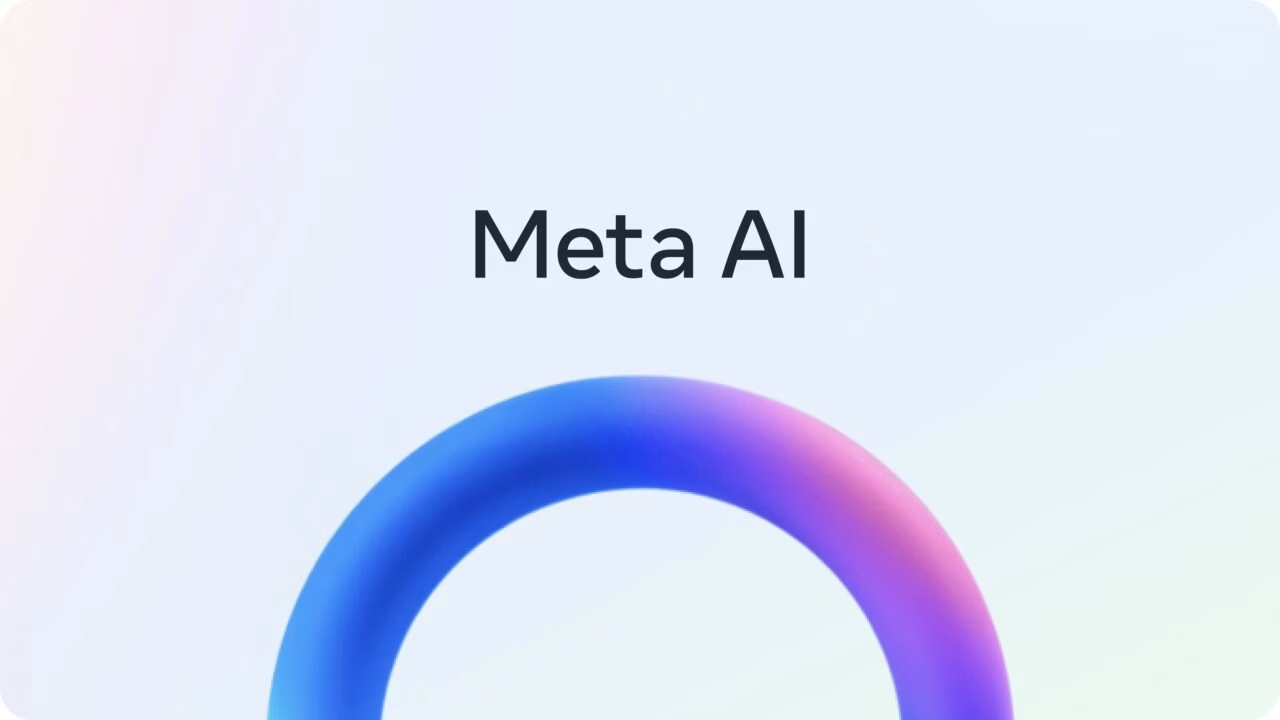Meta AI Evolves Beyond Basic Content Generation: New Studio and Remix Features Unveiled
Meta's AI capabilities for content creators are rapidly expanding, moving beyond the foundational uses first highlighted in 2024. Recent announcements, particularly from the Meta Connect 2025 conference held September 17-19, showcase a significant leap towards more integrated, collaborative, and sophisticated AI-powered content workflows across Facebook, Instagram, and WhatsApp. The focus has shifted from simple prompt-based generation to creating dynamic AI agents and enhancing real-time editing, signaling a new era for social media content production.
Meta AI Studio: Automating the Content Pipeline
Perhaps the most significant development is the introduction of "Meta AI Studio." This new platform allows creators to build custom AI agents designed to automate entire content pipelines, from initial ideation to final posting. This is a substantial evolution from the earlier infographic's six core uses, which included generating post ideas, captions, and video scripts. Now, creators can potentially train AI to understand their brand voice, target audience, and content strategy, leading to more cohesive and efficient output.
Imagine an AI agent that not only suggests blog post topics but also drafts the initial copy, generates relevant imagery using Meta's "Imagine" feature (which now supports up to 4K resolution and video-to-image upscaling for 30-second clips), and even crafts a preliminary social media schedule. This level of automation could dramatically reduce the time spent on repetitive tasks, freeing up creators to focus on strategy and engagement. The integration of these capabilities is designed to streamline the creative process, making it more accessible for both individual creators and larger marketing teams.
"Remix" Feature Enhances Video Creation on Instagram
For video creators, Meta has rolled out a new "Remix" feature for Instagram Reels. This tool leverages AI to assist in editing user-generated videos, automatically suggesting and applying effects and transitions. This directly builds upon the earlier concept of using Meta AI for video script generation, but it brings the AI into the actual production phase.
This could mean anything from automatically syncing B-roll to music, to suggesting dynamic cuts that enhance viewer retention. It's a move that aims to democratize high-quality video editing, making it easier for anyone to produce polished Reels without needing extensive technical skills. The speed at which these AI-driven edits can be applied is also noteworthy; industry reports suggest Meta's infrastructure investments are leading to response times under two seconds for image creation, a pace that's likely to extend to video editing features.
The Broader Impact: Speed, Scale, and Emerging Concerns
The implications of these advancements are far-reaching. Industry analyses from 2025 suggest that Meta AI tools can enable creators to produce content 30-50% faster, a critical advantage in the fast-paced social media landscape. This increased efficiency is fueled by significant infrastructure investments, including a $2 billion data center asset sale announced in August 2025, aimed at scaling AI compute power globally.
However, as AI becomes more deeply embedded in content creation, questions around authenticity and intellectual property are also coming to the forefront. Regulatory bodies, like those in the EU, are increasingly scrutinizing AI-generated content and demanding clearer labeling. While Meta's tools are designed to empower creators, the ethical considerations of AI-generated content will undoubtedly remain a key discussion point as these technologies become more sophisticated and widespread. It's a balancing act, for sure.
What's Next for Meta AI and Content Creators?
The trajectory of Meta AI in content creation is clearly towards deeper integration and more proactive assistance. The shift from reactive tools to proactive, ecosystem-integrated aids is a strategic move to stay competitive. We're likely to see further enhancements in multimodal generation, including more seamless voice integration and even more advanced video generation capabilities.

